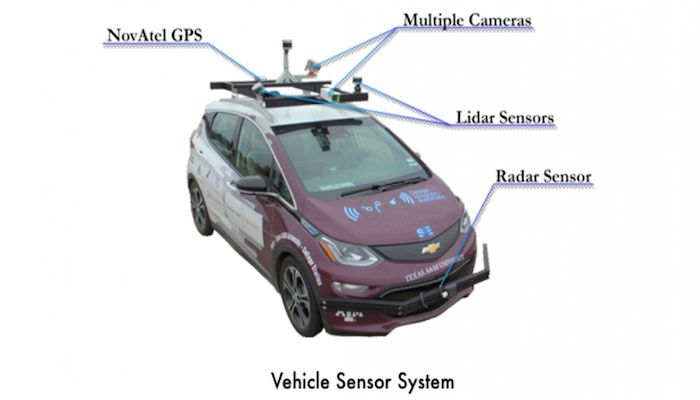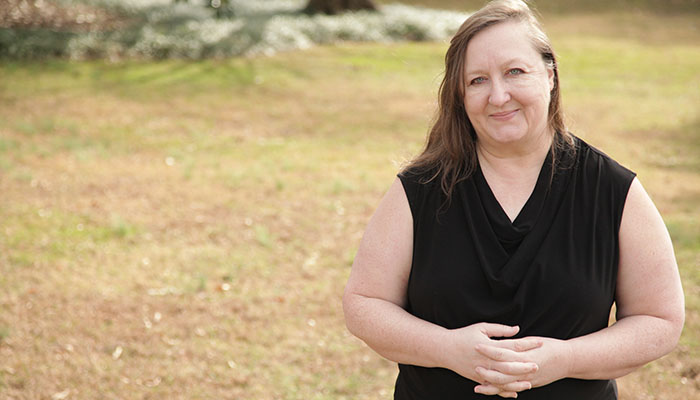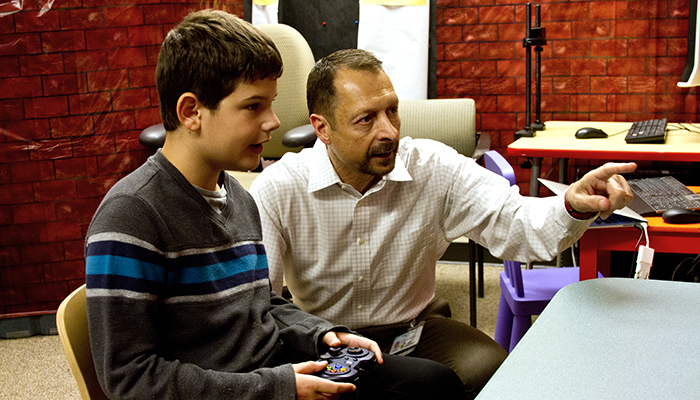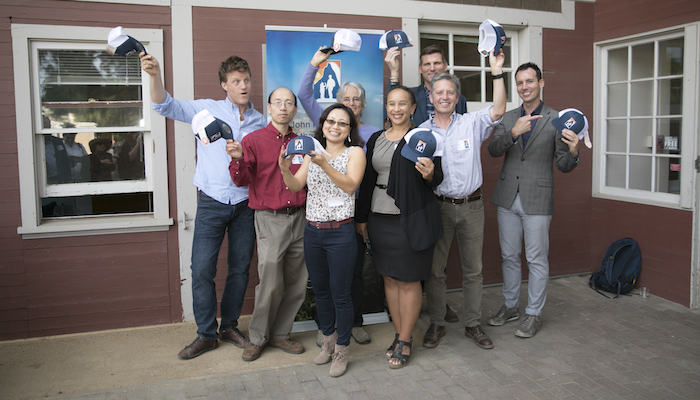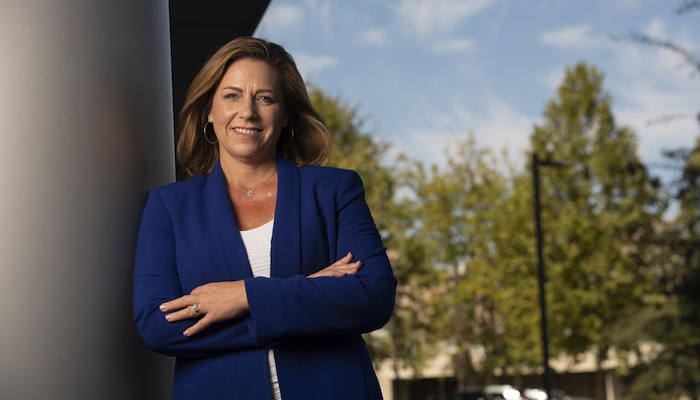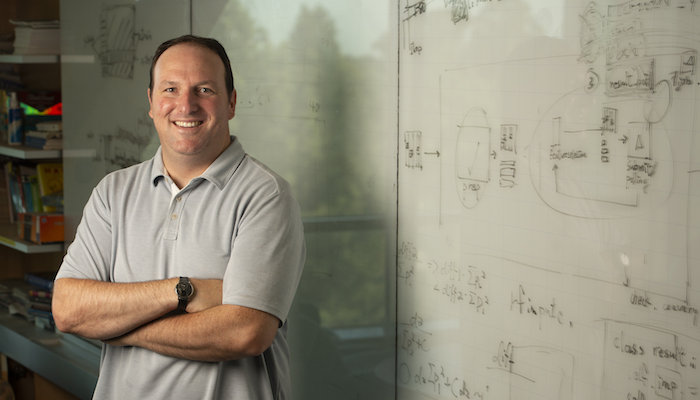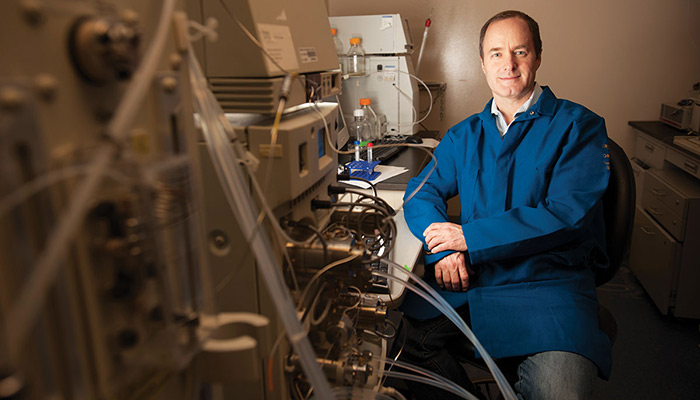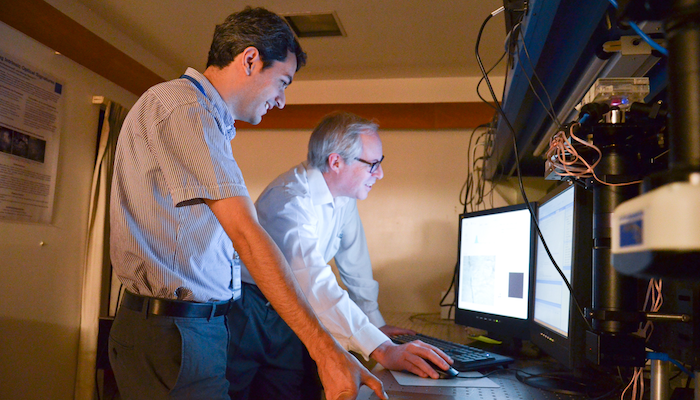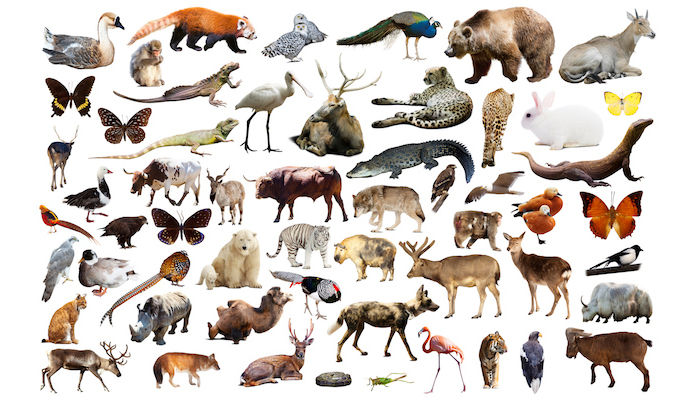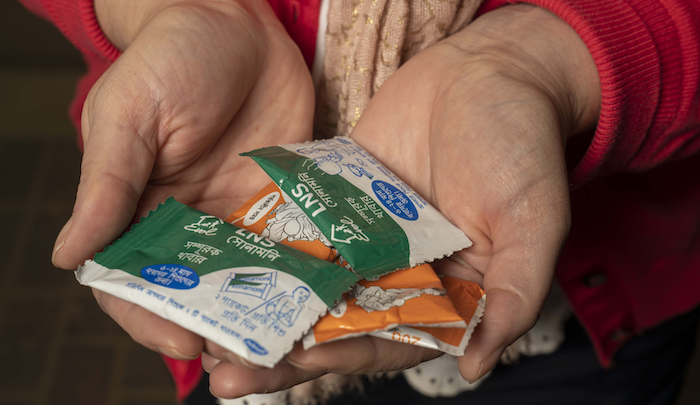$7M Grant to Study Cooperative Automated Vehicles in Rural and Multimodal Environments
Mechanical and Aerospace Engineering professor Francis Assadian is a co-PI on a $7 million grant from the U.S. Department of Transportation to study cooperative automated vehicles (CAVs) in rural and multimodal environments. Led by at Texas A&M University, the four-year project titled, “AVA: Automated Vehicles for All” involves collaborators at George Washington University, General Motors, NVIDIA and National Instruments.

Francis F. Assadian
CAVs interact with their environment, reading signals from other vehicles road signs, road infrastructure and objects in the road. They respond in real time by alerting the driver of danger or automatically performing a safety maneuver such as braking or swerving to prevent accidents.
However, artificial intelligence is only as good as the data it’s fed. Since most of the data collection for CAVs has been completed in big cities, the vehicles simply aren’t reliable on rural roads, which often have low-quality maps and lack markings and road signs. They are also unreliable in multimodal environments such as an intersection, which involves several components such as bicyclists, pedestrians, multiple road signals and other vehicles.
“This is the part that is missing [from autonomous vehicles],” said Assadian. “Without this data collection, we cannot build CAVs that will be operable for all sorts of conditions.”
Latest News & Events

